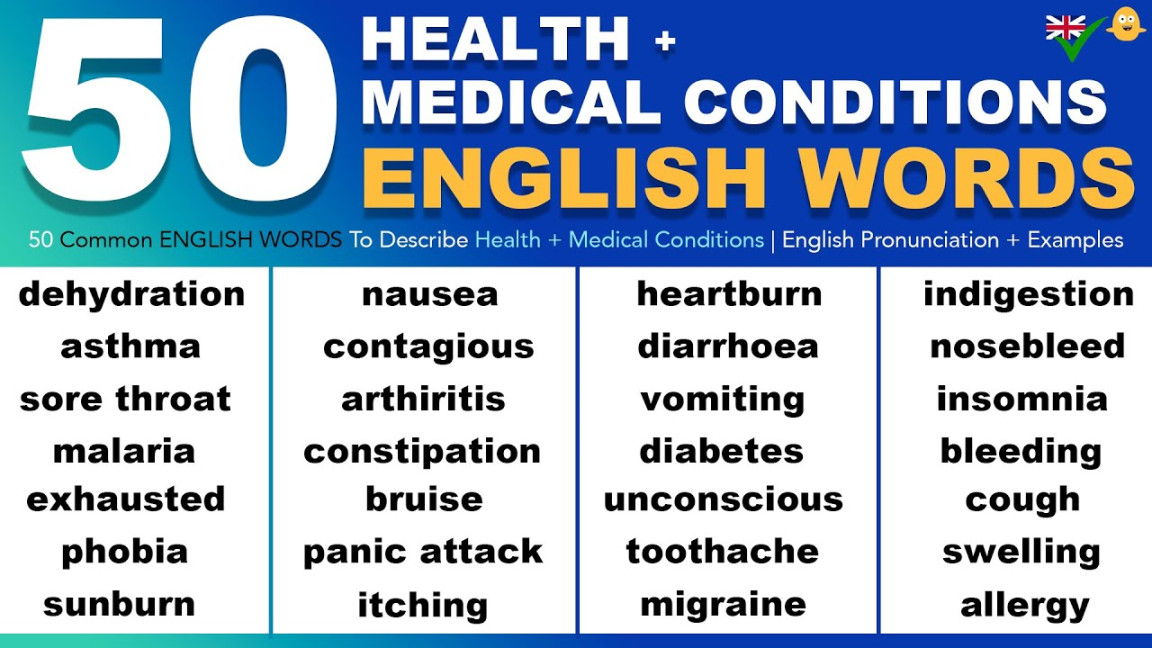1. Prioritize Sleep: The Foundation of Fitness
Ever felt sluggish, irritable, or had a hard time focusing? Chances are, you’re sleep-deprived. Sleep is more than just a nightly recharge; it’s the foundation upon which your entire day is built. It’s when your body repairs, rejuvenates, and prepares you for the challenges ahead.
Why is sleep so important?

Brain Power: Sleep is crucial for cognitive function. It helps consolidate memories, improve problem-solving skills, and enhance creativity.
How much sleep do you need?
While the ideal amount of sleep varies from person to person, most adults need around 7-9 hours per night.
Tips for better sleep:
Create a relaxing bedtime routine: Establish a consistent sleep schedule and engage in calming activities before bed, such as reading a book, taking a warm bath, or practicing deep breathing.
Remember, sleep is a vital component of a healthy lifestyle. By prioritizing sleep, you’re investing in your overall well-being and setting yourself up for success in all areas of your life.
Water, water, everywhere! It’s a phrase that’s as common as the liquid itself, but its importance for our health can’t be overstated. As we navigate the bustling world of daily life, it’s easy to forget about this essential nutrient. Yet, staying hydrated is crucial for maintaining optimal physical and mental well-being.
Why Hydration Matters
Think of your body as a complex machine. To function at its peak, it needs fuel, lubrication, and proper cooling. Water plays all of these roles. It helps transport nutrients to your cells, flushes out waste products, and regulates body temperature. When you’re well-hydrated, you’re less likely to experience fatigue, headaches, dizziness, or constipation.
But hydration isn’t just about physical health. It also affects your mental clarity and mood. Dehydration can lead to irritability, difficulty concentrating, and even mood swings. So, next time you’re feeling sluggish or cranky, consider whether you might be thirsty.
Tips for Staying Hydrated
Now that you know why hydration is important, let’s explore some tips to help you stay hydrated throughout the day:
Start your day with a glass of water: As soon as you wake up, grab a glass of water to rehydrate your body after a night of sleep.
Remember, hydration is a personal journey. What works for one person may not work for another. The key is to listen to your body and adjust your water intake accordingly. By making hydration a priority, you can improve your overall health and well-being.
 Udento Lifestyle & Health
Udento Lifestyle & Health




